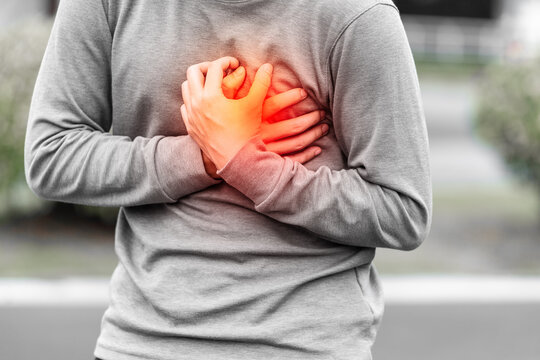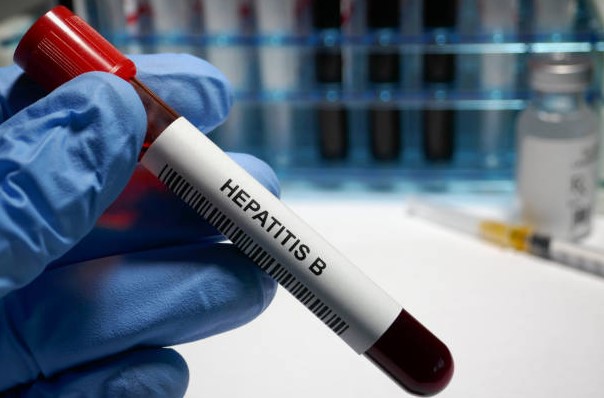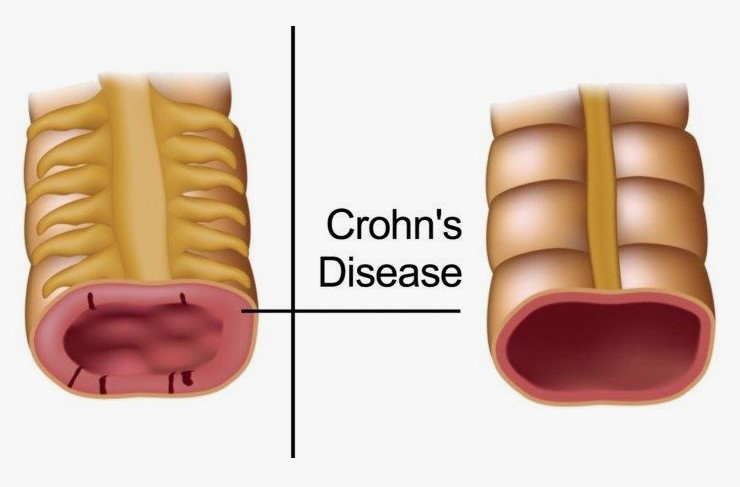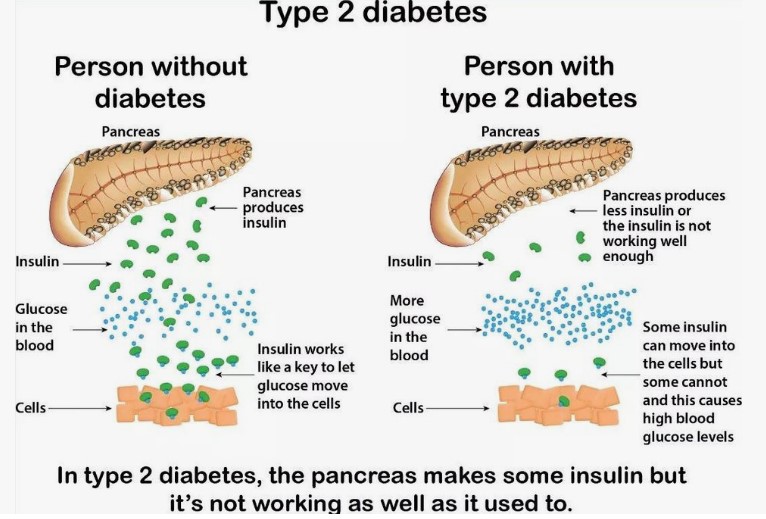Overview
Heart Attacks|| When a seemingly healthy marathon runner collapses mid-race or a professional athlete dies suddenly from a heart attack, it shatters the illusion that fitness guarantees immunity from cardiovascular disease. These tragedies expose a critical gap in modern medicine: standard cholesterol tests fail to detect the real risks in active individuals.
This 5,000-word investigative report uncovers:
✔ Why “normal” cholesterol levels don’t protect athletes
✔ The genetic and inflammatory factors standard tests miss
✔ Advanced screenings that could save lives
✔ Practical prevention strategies for high-performance individuals
The Silent Heart Attack Epidemic in Athletes
Case Studies of Sudden Cardiac Death
1. Ryan Shay (28, Olympic Marathon Hopeful)
- Collapsed and died during the 2007 U.S. Olympic Trials
- Autopsy: Enlarged heart with significant plaque buildup
- Had no prior symptoms
2. Sergei Grinkov (28, Olympic Gold Medalist Skater)
- Fatal heart attack during practice in 1995
- Autopsy: Severe undiagnosed coronary artery disease
3. Reggie Lewis (27, NBA All-Star)
- Collapsed during a 1993 playoff game
- Later died from asymptomatic heart disease
Autopsy Findings in Athletes
- Non-obstructive coronary artery disease (plaque doesn’t always block arteries visibly)
- Plaque rupture triggered by intense exercise
- No prior symptoms in 60% of cases
Why Athletes Are Uniquely Vulnerable
- Exercise-Induced Stress—Repeated intense workouts increase inflammation.
- “Athlete’s Paradox” – Low body fat ≠ clean arteries.
- Genetic Factors—Often overlooked in standard screenings.
The Flaws in Traditional Cholesterol Testing
What Standard Tests Check (And What They Miss)
| Standard Test | What It Measures | Limitations |
|---|---|---|
| Total Cholesterol | Combined LDL + HDL | Doesn’t differentiate particle types |
| LDL-C | “Bad cholesterol” | Misses small, dense LDL particles |
| HDL-C | “Good cholesterol” | Doesn’t measure function |
| Triglycerides | Blood fats | Influenced by recent meals |
The 3 Critical Markers Standard Tests Ignore
- Lipoprotein(a) [Lp(a)]
- Genetic, sticky cholesterol variant
- Not affected by diet or exercise
- Triples heart attack risk (European Heart Journal, 2023)
- Apolipoprotein B (ApoB)
- Better predictor of particle count
- High ApoB = More plaque-forming particles
- Coronary Artery Calcium (CAC) Score
- Measures actual plaque in arteries
- A score >0 in an athlete under 50 is a red flag
Key Research Debunking Cholesterol Myths
- 50% of heart attacks occur in people with “normal” LDL (JAMA Cardiology, 2022)
- Lp(a) is a major cause of early heart disease in athletes (Circulation, 2021)

Hidden Heart Risks in Fit Individuals
1. Lipoprotein(a) [Lp(a)] – The Silent Killer
- Who’s at risk? 1 in 5 people have high Lp(a)
- Testing cost: ~$50 (often not covered by insurance)
- Goal: <50 mg/dL
2. Coronary Artery Calcium (CAC) Scan
- How it works: CT scan detects calcified plaque
- Cost: 100−100−400 (varies by location)
- Score Interpretation:
- 0: Low risk
- 1-100: Moderate risk
- >100: High risk
3. Exercise-Induced Cardiac Remodeling
- “Athlete’s” Heart“—Thickened walls can mask problems
- Atrial fibrillation riskhigher in endurance athletes
Advanced Heart Tests Every Athlete Needs
1. Lipoprotein(a) Blood Test
- Who needs it? Anyone with family history of early heart disease
2. Coronary Calcium Scan (CAC)
- Best for: Athletes over 30 with risk factors
3. Cardiac MRI & CT Angiography
- Shows: Soft plaque not detected by CAC
4. Stress Echocardiography
- Reveals: Blood flow issues during exercise
Prevention Strategies Beyond Standard Advice
Diet Tweaks for High-Risk Athletes
- Reduce: Refined carbs, seed oils
- Increase: Omega-3s, antioxidants
Medications & Supplements
- For high Lp(a): PCSK9 inhibitors (off-label)
- Supplements: CoQ10, magnesium
Training Modifications
- Avoid: Chronic excessive endurance training
- Add: More recovery days
Why the Medical System Fails Athletes
Insurance Barriers
- Most advanced tests aren’t covered
Lack of Awareness
- Doctors rarely test Lp(a) or CAC in athletes
Big Pharma’s Role
- Statins are overprescribed while root causes are ignored
Real-Life Success Stories
Case 1: Triathlete with CAC Score of 150
- Changed diet, added supplements
- Reduced plaque progression
Case 2: Marathoner with High Lp(a)
- Started PCSK9 inhibitor
- Lowered risk dramatically
Frequently Asked Questions
Q: Can you be fit and still have heart disease?
A: Yes—fitness doesn’t guarantee clean arteries.
Q: How often should athletes get advanced testing?
A: Every 3-5 years if high-risk.
Key Takeaways:
✔ Standard cholesterol tests miss critical risks
✔ Lp(a) and CAC are essential screenings
✔ Athletes must advocate for advanced testing
Next Steps:
- Get an Lp(a) test
- Consider a CAC scan
- Adjust training/nutrition based on results









[…] Silent Heart Attacks in Fit People […]